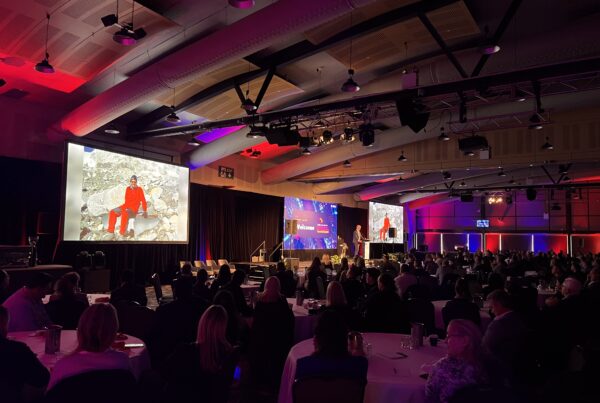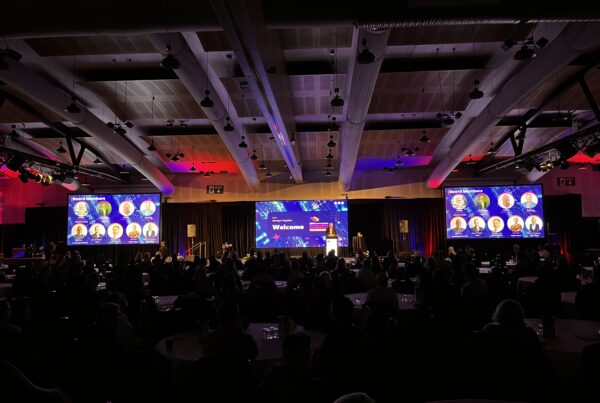Fleet Managers must be adaptable and ready to move with the changes of an ever-evolving industry, but they are often able to share key insight and knowledge from their experiences.
Mark Stephens, a fleet operations manager at UnitingCare shares with us his time in the fleet industry and the landscape fleet managers face today.
Can you tell me a bit about your role and how long you’ve been working as a fleet manager?
As fleet operations manager I manage a team of 5 plus 4 major contracts for a fleet of 2600+ vehicles across QLD, NT, NSW, VIC and Tas. I have been with UnitingCare for 29 years with the last 16 in fleet management. The role is very strategy focused, looking at managing the vehicles to get the best outcome for UCQ from a financial, safety and environmental sustainability perspective.
Do you enjoy working in the industry and what have been some highlights (personal and professional)?
I very much enjoy working in the fleet management field. While there are many highlights the three main ones are:
- Being able to achieve great financial returns from operating the fleet.
- Development of a unique fleet RPA and reporting program
- Halving the organisations CO2 emissions to 4000 tonnes pa
- Creating an award-winning driver safety program reducing average monthly number at fault crashes by 35% and the incurred cost by 10%
Have you ever been in a position to give back to the industry? If so, how?
I provide support to a number of fleet managers across the group but also industry peers. I am also a foundation member and sit on the steering committee of the NRSPP. I share developed resources where they will benefit other fleets especially road safety material. I have also mentored a number of PHD students from QUT and Swinburne.
How do you stay up to date on the array of changes the fleet industry sees?
I network extensively and attend industry functions including conferences, networking lunches and trade days.
What are some changes in fleet have you noticed or been affected by in recent years?
The biggest changes have been in technology (telematics), analytics and reporting (RPA) and finally the improvements in road safety education and resources. I suppose one other significant change has to be the changes in the role of the fleet manager and the skills required to perform the role. The evolution of EV’s, new technologies and the changing environment vehicles operate in have seen considerably more responsibility placed on fleet managers.
How has vehicle shortages and increased prices affected you?
This has changed the way I work with and communicate with internal treasury and the GMs. Access to available CAPEX and changes to the ordering system and cycle have been necessary to avoid having an ageing fleet. Having strong analytics skills, but also being able to succinctly demonstrate the requirements to meet the challenges has been essential to not only have the available funds but to also ensure uninterrupted flow of replacement and new vehicles.
What are some lingering effects of the pandemic which still affect you today (could be minor or major)?
Changes in driver behaviours has been the major lingering affect, not only with our own drivers but also who we share the road with.
Is there anything further you would like to add?
I can’t think of anything else at this stage.
We would like to extend a special thank you to Mark for sharing his insight about the new skills and considerations needed in the fleet manager role as well as explaining the changes in technology, environment and vehicle acquisition fleet managers now face.
Did you find this article interesting? Click the ‘heart’ button above to give it a ‘like’!


















